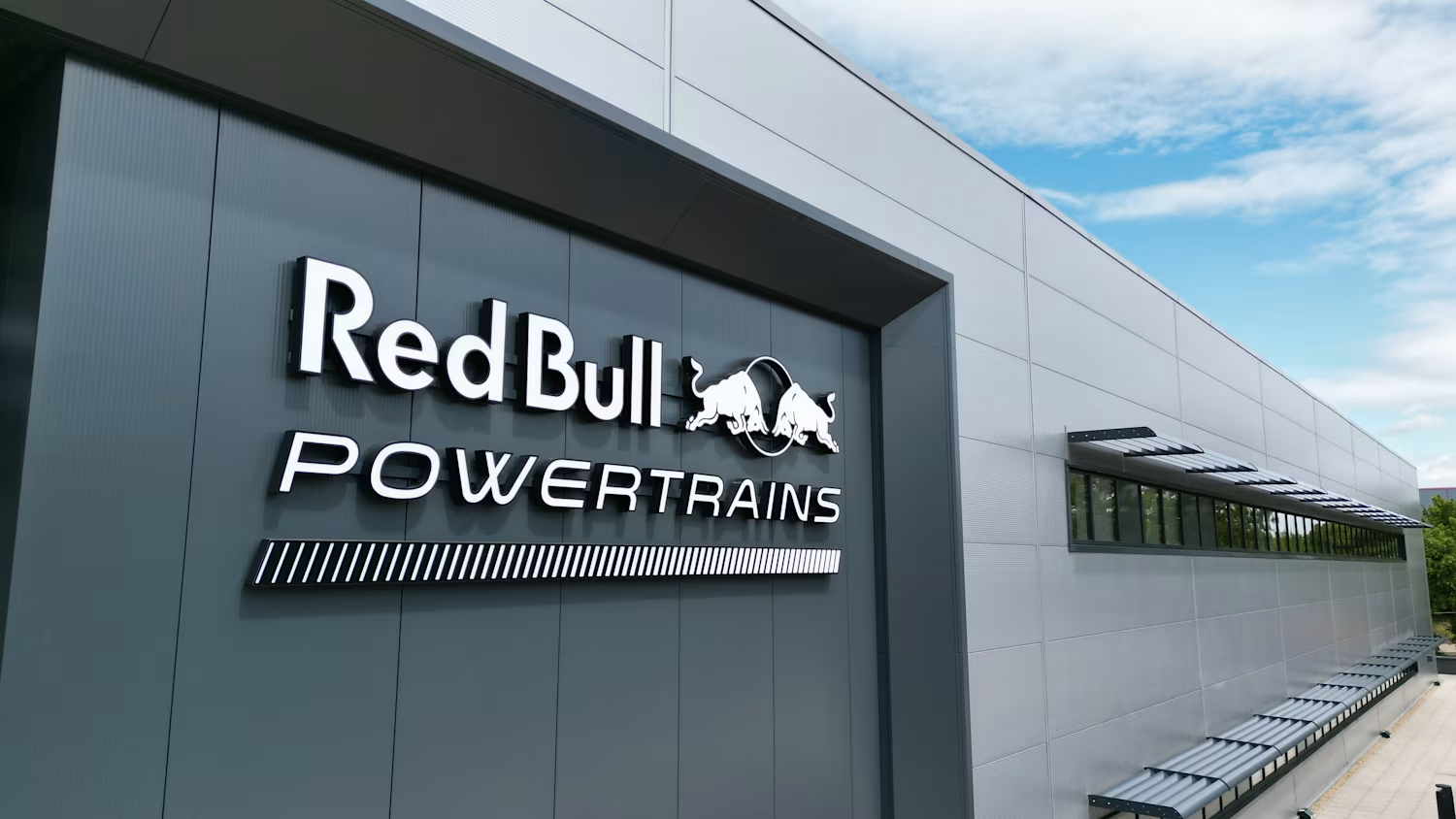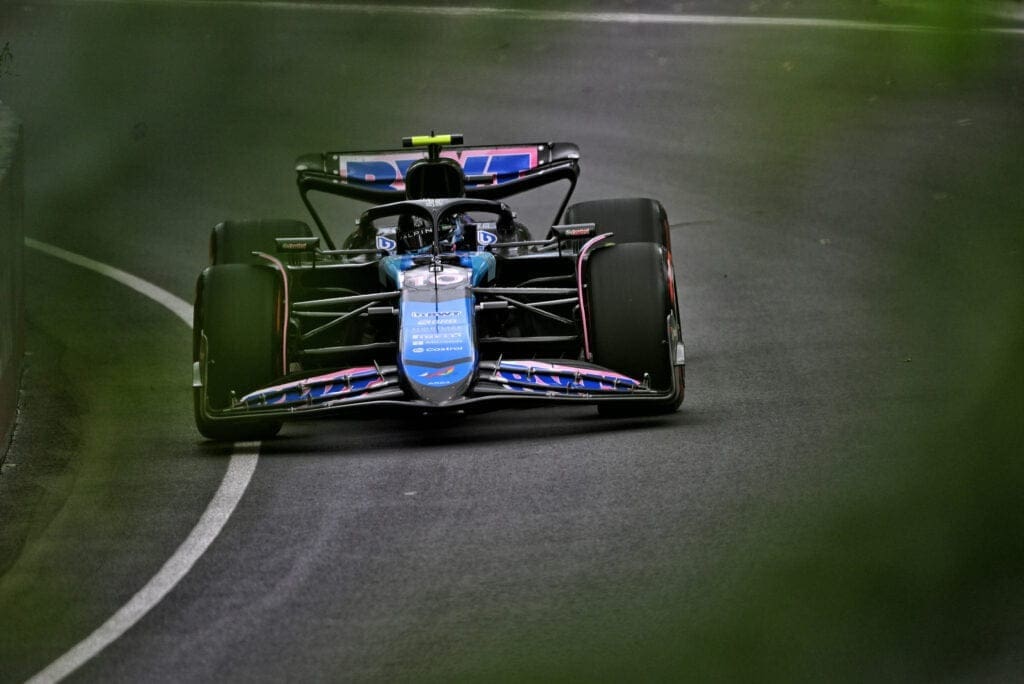Is Alpine abandoning Renault engines? The French team is seriously considering the possibility of abandoning Renault engines in Formula 1 starting from 2026. To ensure the team’s competitiveness, contacts have been initiated with other manufacturers.
The 2024 season marked a challenging start for Alpine, prompting Renault and Alpine’s leadership to reconsider every aspect of their Formula 1 project. This thorough examination was conducted with the aim of determining the necessary measures to improve the team’s performance. Currently, the Renault engine suffers from a significant performance gap compared to its rivals, and there are no guarantees that the situation will improve with the introduction of the new generation of hybrid turbo engines expected in 2026. Faced with the prospect of a massive investment to develop a competitive engine, Alpine is questioning the need to continue producing their own engine internally.
Internal sources within the team reveal that Bruno Famin, the team principal of Alpine, has explored various options in recent weeks, holding talks with several rival manufacturers. One of the most logical solutions would seem to be a supply agreement with Red Bull, which will begin producing their own engines from 2026. However, the possibility of an agreement with Red Bull appears unlikely due to logistical complications. Indeed, Red Bull is expected to supply engines to itself and its affiliated team, making it challenging to manage an additional customer.
If the Red Bull option were not feasible, Alpine could turn to Mercedes, which will have availability starting from 2026 due to Aston Martin’s switch to Honda. Mercedes has already shown willingness to supply engines to other automakers without negative commercial concerns for its Formula 1 agreements. The supply agreements with Aston Martin and McLaren have indeed shown that Mercedes is not afraid to share its technology with other competitors.

In the event that Alpine decides to pursue the path of customer engines but fails to reach an agreement, the regulations Formula 1 forecasts predict that one of the current Formula 1 regulations require one of the current engine suppliers to guarantee a supply, likely Honda, which is the only manufacturer without plans for a second customer team in 2026.
Despite uncertainties regarding the engines, Renault CEO Luca de Meo recently reiterated his commitment to Alpine’s future in Formula 1, despite interest from potential buyers. In an interview with Autocar, De Meo stated: “We will not sell any part of this project. We don’t need money. I have received offers, but we are not interested. It would be foolish, and we won’t do it.”
In the interview, De Meo also acknowledged that Renault has never fully mastered the hybrid engine regulations, leading to a performance deficit during the current regulatory cycle. “When we started the hybrid era in 2014, our engine did not perform as expected. We were world champions with Red Bull, but with the hybrid era, things went wrong. Even the engine developed in 2021 had a disadvantage of 0.2-0.5 seconds per lap. And this year we’ve had issues with the car. If we combine everything, we’re up to 1.5 seconds away from where we should be..”
Switching to a customer engine could provide Alpine with cheaper and more competitive units, making the team easier to sell in the future. The removal of the heritage element from the Viry-Chatillon engine department, located near Paris, could indeed simplify a potential sale. Viry has been the heart of Renault’s Formula 1 engine production since the 1970s, but a potential move away from direct engine manufacturing would signify a significant change for the French manufacturer.
A potential exit from Formula 1 wouldn’t necessarily mean the end of Renault’s commitment to motorsport. The manufacturer could indeed focus on other competitions, such as developing engines for its Hypercar in the World Endurance Championship (WEC). Currently, Renault’s Hypercar uses a modified Mecachrome F2 engine with a specific hybrid system.
The future of Alpine in Formula 1 appears uncertain, but the decisions made in the coming months will be crucial in determining the team’s direction. The possibility of becoming a customer team could represent a significant turning point, offering new opportunities and challenges for the French manufacturer.

